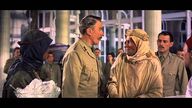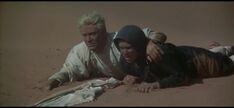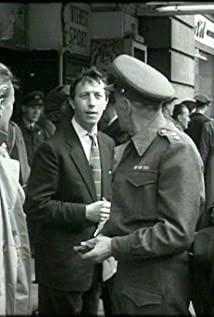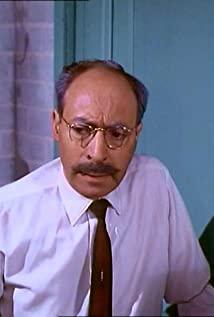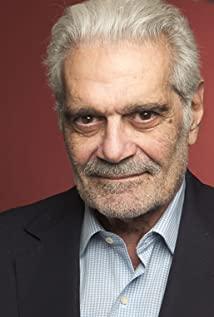David Lian's "Lawrence of Arabia" combines mankind's pursuit of historical civilization with the protagonist Lawrence's pursuit of personal life. He constantly challenges his fate to accomplish the impossible, but he is trapped in war by himself. Downed by mad cruelty. The themes before and after the movie may be just about heroism and de-heroization, the occurrence of miracles and the counterattack of fate. Under the spectacular epic scenes and plot, the film from the perspective of big historical narrative, military and political, to the very personal depiction of loneliness, doubt, desire and fear, the two are skillfully and ambiguously combined. The movie starts with Lawrence's death. At the end of the movie, he finally leaves the desert and returns to his hometown. At this time, the scene he sees is like a preview of his future destiny. Magnificence and futility make poetic and intimate footnotes.
After watching this film, I understand the connection between David of Prometheus and Lawrence of Arabia. Whether he is in the British army or in Arabia, Lawrence has always been an outsider, constantly searching for his own identity and identity. From a certain point of view, in the process of pursuing divinity in his life, he was finally knocked down by his own humanity. The David in "Prometheus" can be said to be on both sides of the mirror image in a similar situation. As a non-human being, he may be the other side that Lawrence cannot reach, but he is also unable to be great because of his lack of humanity. The middle point may be that indescribable freedom.
The interesting thing is that the film is about the underlying theme of homosexuality. The real Lawrence's sexual orientation has been debated for a long time. Although the plot of the film did not really pay attention to this part, from the shaping and interpretation of the characters, the director should show it more or less deliberately. Its ambiguity (especially the lack of female characters in this film). There is also a pivotal scene in the film, based on the historical facts recorded in Lawrence's own biography, in which Lawrence was captured by the Turkish army, tortured and even sexually assaulted. Of course the movie ends, but it still captures the sexual innuendo in the chief officer's look. Previously, Lawrence recounted his disgust and fear of war atrocities and his own desire for violence, which is like struggling and suppressing forbidden desires. These subtle descriptions add a little queer color to this war epic, with more layers. dialectical.
View more about Lawrence of Arabia reviews





